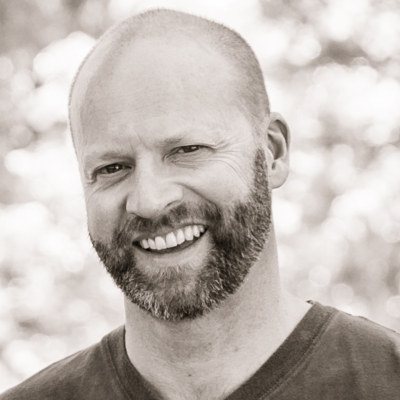This is not your soul mate
How we were raised as kids, how consistent our parents (or caretakers) were, and how safe and loved we felt when we were young can shape our attachment style during our adulthood. Tracey Crossley walks us through secure and insecure attachments in relationships and how our upbringing plays out in our intimate relationships as adults.
Insecure and secure attachments
Our relationship with our caretakers from the time we are born greatly affects our having either a secure or insecure attachment with other people in our adulthood. Secure attachment starts when the child trusts the caretakers and feels an emotional bond with them. They don’t worry that if you leave the room you’re not coming back. On the other hand, if there is insecure attachment, the child can have different reactions and could become avoidant. These experiences as kids, we bring with us to adulthood.
How does insecure attachment show up?
It shows up in a variety of ways, but many people don’t realize where it’s coming from. Naturally, deep down, all of us want to be securely attached and feel loved. But our conditioning says something different, so we seek what we know. We repeat the same sort of familiar feeling and situation that we had as a child. It affects how we feel and how we act. This sometimes led to confusion and even attracting dysfunctional relationships. Even though we want something different, part of us wants the familiar, which doesn’t serve us so well.
Do we have a soulmate?
People would be looking for a unicorn when they look for their soulmate. People who are securely attached do not say they found their soulmate. They usually are just happy that being with their partner feels good and there is no need to give it a label. When you do not have that sense of security, that’s when you tend to come up with labels as though it’s some sort of magical thing that’s going to happen. The idea of happiness and satisfaction about finding your soulmate is a moment in time and not related to reality. It’s just about the fantasy you have about what the other person is bringing to you and how it will make you feel.
How do insecurely attached people respond to sex vs securely attached people?
Insecurely attached people usually perform acrobatics in the bedroom. They’re all about how great they are at sex and that’s like their secret weapon. They’re going to hook you through sex and do whatever it takes to hold on to you, so you don’t go away. Very strong feelings of desperation are usually involved in insecurely attached people. Meanwhile, securely attached relationships are not so much about just sex but how you are creating intimacy. Sex is a part of the relationship, but it is not the whole relationship, and the intimacy comes from emotions rather than the physicality.
Anxiety in relationships
Tracey Crossley paints a picture of anxious-avoidant, anxious and avoidant people and how they react whenever they are in a relationship, or lack thereof. She stresses that one big thing missing in a healthy relationship is anxiety. Instead, there should always be progression. Moreover, do not dwell in a fantasy land looking for that perfect partner. Always do a reality check, be in the moment and deal with all the disappointments it could bring rather than living in fantasy and prolonging your agony.
Biography
Tracy Crossley is a behavioral relationship expert, author, and podcast host, who specializes in treating individuals with unhealthy life and relationship patterns. Tracy helps clients transform, impostor syndrome, insecure attachment, negative belief systems, breaking the cycle of narcissistic damage, destructive self-talk, and more. With a background in psychology, an innate emotional intuition, which draws from her own personal experience, Tracy shows her clients how to permanently change the repetition of the unhealthy, unhappy and unfulfilled cycles personally and professionally. Tracy’s popular weekly mental health podcast, Freedom from Attachment: Living Fulfilled, Happy and in Love offers listeners a different perspective when it comes to breaking the cycle of unhealthy behaviors that keep them stuck repeating pain-inducing actions on auto-pilot. The podcast addresses folks who want to deal with their emotional baggage and get unstuck, happy, and have a clear mindset. She also has a monthly podcast called Moving On, where she invites guests to speak about their life experience in overcoming difficult times to be successful and happy in their lives.
Resources and links:
Website: https://tracycrossley.com/
Instagram: instagram.com/tracylcrossley/?hl=en
More info:
Sex Health Quiz – https://www.sexhealthquiz.com
The Course – https://www.intimacywithease.com
The Book – https://www.sexwithoutstress.com
Podcast Website – https://www.intimacywithease.com
Access the Free webinar: How to want more sex without it feeling like a chore: https://intimacywithease.com/masterclass




